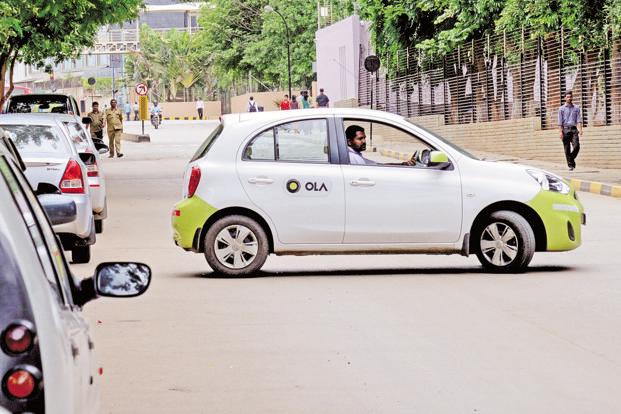-
Tips for becoming a good boxer - November 6, 2020
-
7 expert tips for making your hens night a memorable one - November 6, 2020
-
5 reasons to host your Christmas party on a cruise boat - November 6, 2020
-
What to do when you’re charged with a crime - November 6, 2020
-
Should you get one or multiple dogs? Here’s all you need to know - November 3, 2020
-
A Guide: How to Build Your Very Own Magic Mirror - February 14, 2019
-
Our Top Inspirational Baseball Stars - November 24, 2018
-
Five Tech Tools That Will Help You Turn Your Blog into a Business - November 24, 2018
-
How to Indulge on Vacation without Expanding Your Waist - November 9, 2018
-
5 Strategies for Businesses to Appeal to Today’s Increasingly Mobile-Crazed Customers - November 9, 2018
Ganging Up On Uber: China’s Didi Kuaidi Invests In India’s Ola
An e-mail query sent to Didi Kuaidi, which is China’s largest taxi-hailing company, did not elicit a response till the time of writing this report.
Advertisement
The partnership between the two companies could also probably take the form of the deal between Didi Kuaidi and Lyft, which will allow users of one platform to access the services of the other provider when traveling in each other’s turf.
Ola recently announced a $754 million expansion to boost its presence in India.
Didi Kuaidi Joint Co, which competes with Uber Technologies Inc for a slice of China’s taxi-hailing market, has invested an undisclosed amount in India’s largest cab aggregator Ola.
Also investing in Ola’s new round are SoftBank, Singapore sovereign wealth fund GIC, Tiger Global, and Falcon Edge.
Didi now has the lion’s share of China’s online transportation services, accounting for 99 and 82 percent of the country’s taxi-hailing and ride-on-demand services, respectively. It claims that it processes 7 million orders a day, across these services in China. Earlier this year, the company had invested $100 million in San Francisco-based Lyft. It is expected to bring a further 10,000 drivers into its fold.
Ola controls 80% of India’s taxi-hailing business, and completes more than 750,000 rides per day, according to Monday’s statement.
Ola is planning to raise $500 million in its latest round of funding, which will give it a market valuation of more than $5 billion. Didi looks to engage local industry champions like Ola to share technology and best practices in product development and operational expertise.
Didi’s newest investment in Ola hints to a future partnership between the two companies, at least if they are following the same playbook as they did with Lyft.
Advertisement
SoftBank is the common investor backing most of the firms that are taking on Uber across Asia and in the United States.





























